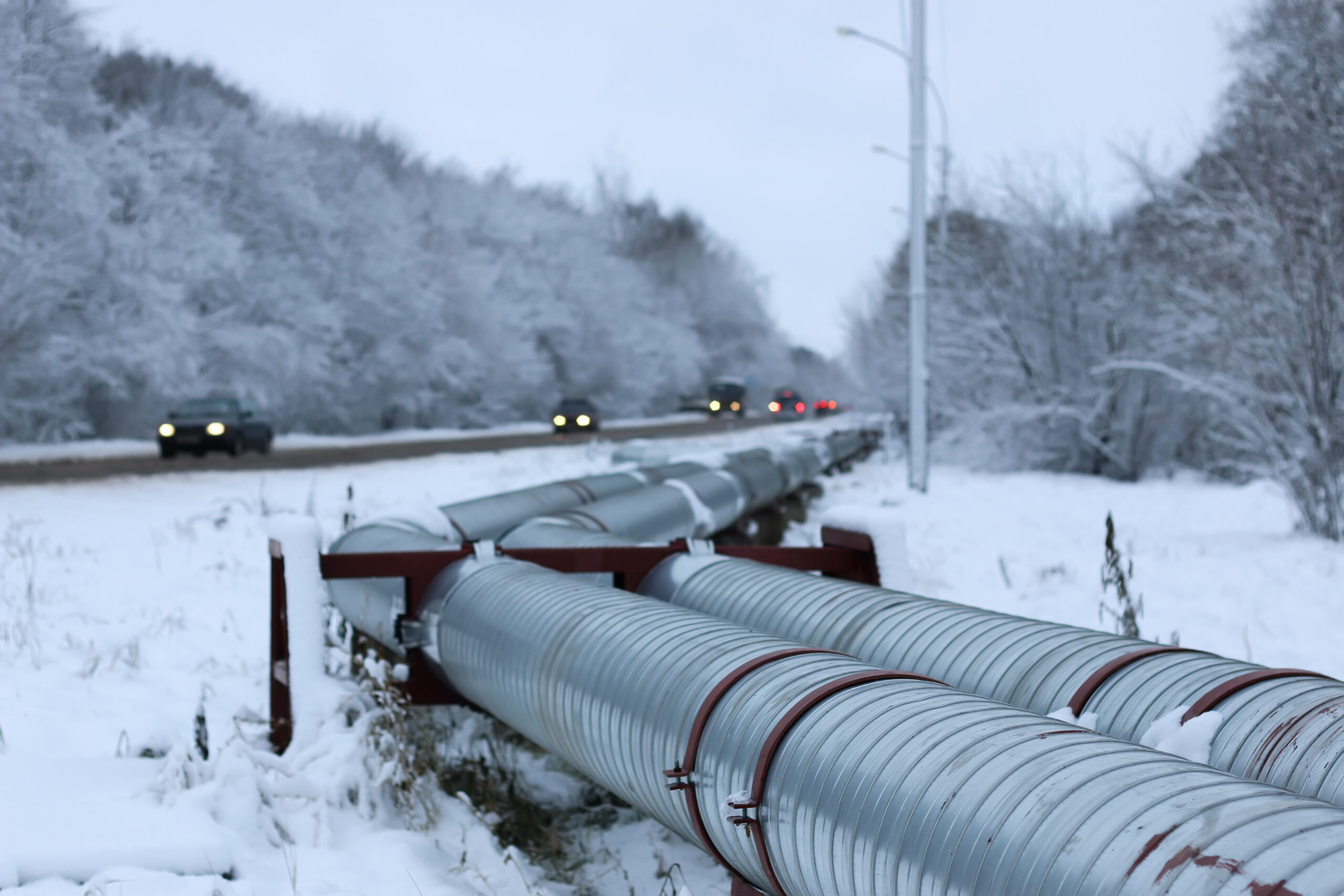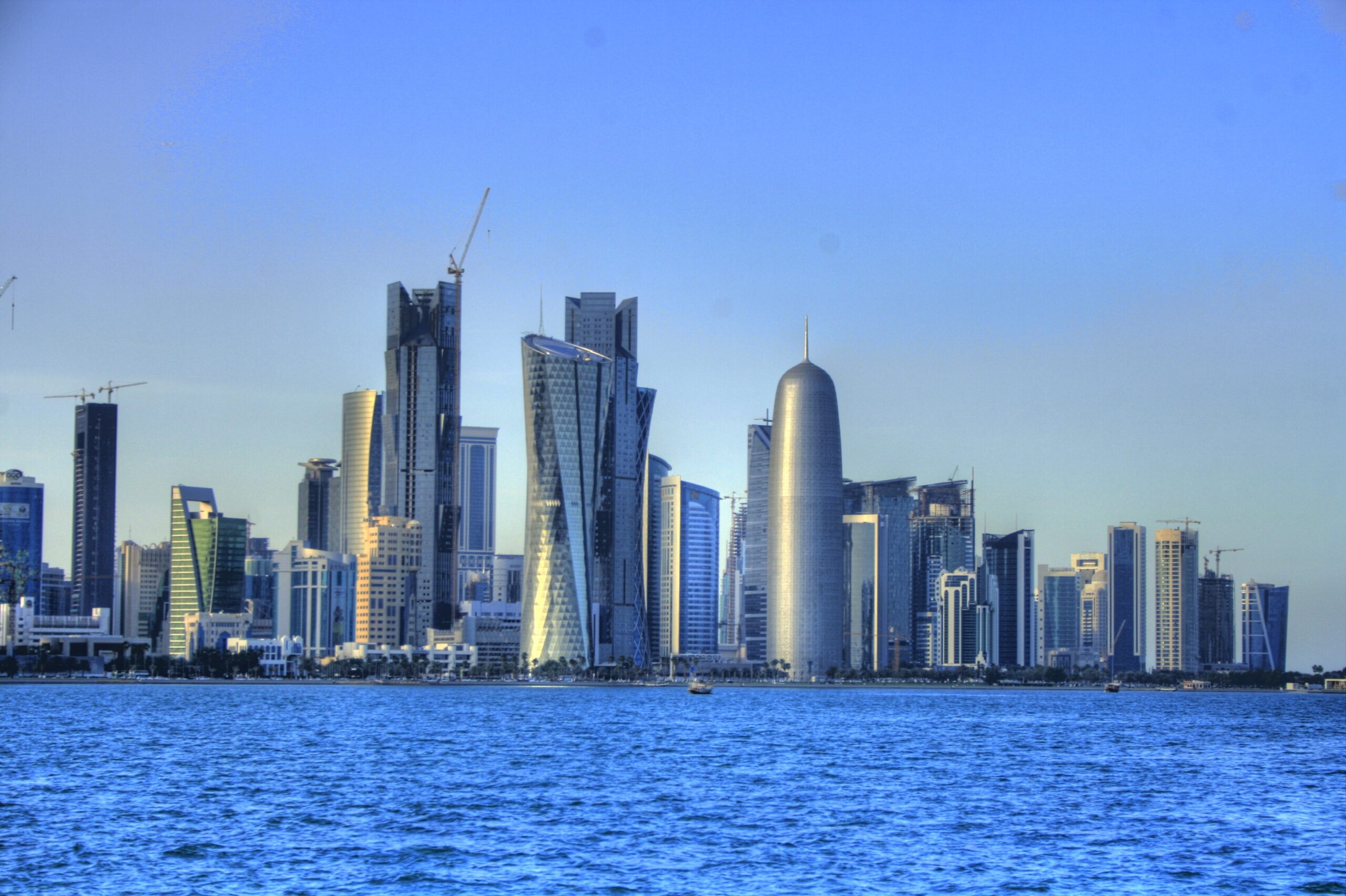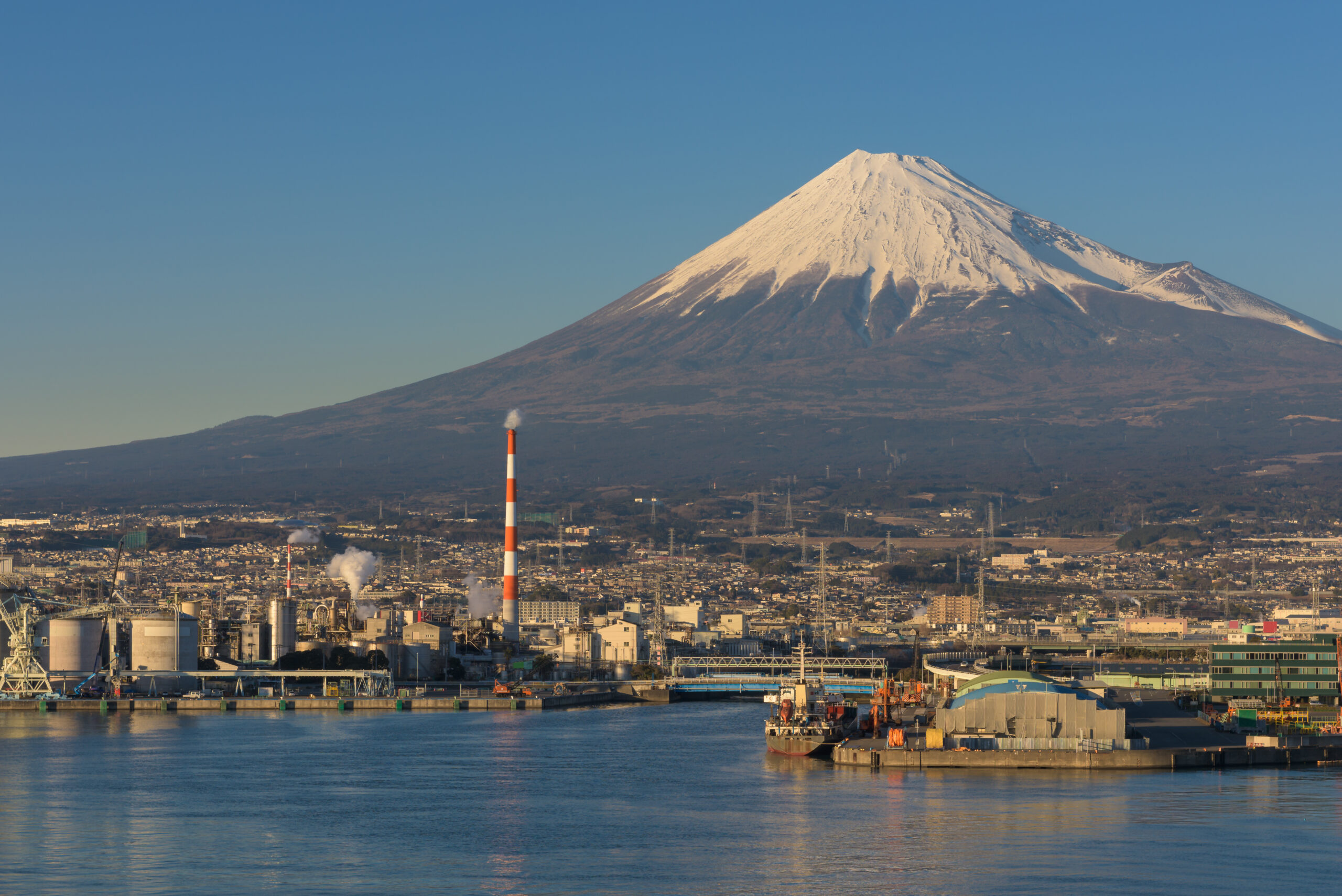EU gas price cap: effectiveness concerns mount
EU energy ministers have been wrestling for months over the idea of capping gas prices.

The EU has finally approved a controversial price cap on gas imported into Europe which will come into effect in February and which is already being criticised as likely ineffective at addressing the issue of rising energy costs while potentially creating market distortions.
The cap, or ‘market correction mechanism’ will kick in on February 15, 2023, and will be activated if the month-ahead price on the Dutch Title Transfer Facility (TTF) gas hub exceeds €180/MWh – considerably lower than the initially proposed €275 limit – for three working days and the month-ahead TTF price is €35 higher than a reference price for LNG on global markets for the same three working days.
EU energy ministers have been wrestling for months over the idea of capping gas prices, with opponents including Germany, Austria and the Netherlands resisting the proposal on the grounds that there is a risk that LNG supplies would simply be diverted to other more lucrative markets leaving Europe short of gas next winter.
While the agreement reached on December 19 has been hailed as a success for the Union, commentators and industry participants have also expressed skepticism regarding the effectiveness of the measure amid concerns of potential market distortions.
“A relatively small group of EU members have strongly advocated a cap on gas market prices across Europe, for all members and all market participants. Germany, as the largest EU member, ultimately agreed against its own beliefs for the sake of peace and because of European unanimity, while the Netherlands and Austria abstained,” Christoph Merkel, managing director at German consultancy Merkel Energy, told Gas Outlook.
“The price cap will only avoid temporary and relative excesses on the TTF gas exchange as in August 2022, but will not prevent high gas prices if world LNG prices continue to rise next winter due to high demand.”
Moreover the cap “has many holes, like a Swiss cheese, and will be lifted immediately for various reasons, starting with regional supply disruptions or disorders on the financial markets,” he said.
“Gas trading with Europe could in some cases be adversely affected by the restriction of hedging opportunities on the exchanges. However, the psychological effect on LNG trade should not be underestimated either,” he warned.
The cap will apply to month-ahead, three months-ahead and one year-ahead derivative contracts.
Suspension mechanism
The regulation includes a suspension mechanism, if risks to security of energy supply, financial stability, intra-EU flows of gas, or risks of increased gas demand are identified by the Commission, the Cooperation of Energy Regulators and the European Securities and Markets Authority.
In particular the market correction mechanism will be suspended if gas demand increases by 15% in a month or 10% in two months, LNG imports decrease significantly, or traded volume on the TTF drops significantly compared to the same period a year ago.
The suspension decision will be published in the EU’s Official Journal and enter into force on the next day.
Whether the cap will be successful “depends on many factors, including market prices, execution, monitoring and control as well as suppliers’ willingness to abide by the cap, which is grounded in political interests, not economic rationale, and that by itself can threaten its effectiveness while causing unintended consequences of creating distortions in the market,” Carole Nakhle, CEO at Crystol Energy, told Gas Outlook.
“The agreement is surely a milestone for the EU, after months of fruitless discussions on what proved to be a thorny issue…First, they had to gather sufficient support for the principle of a cap, then they had to agree on the level.”
“However, it is also an experiment that may well fail to achieve the desirable outcome; the devil is in the details and the execution,” she said.
In particular, the fact the cap only applies to natural gas traded on exchanges, with over-the-counter (OTC) trading, which accounts for most of the trading volumes, being excluded from the measures means they will likely have limited effectiveness, and could potentially “encourage more shift to OTC.”
The Association of European Energy Exchanges had warned in a note in early December that the cap could lead to hedging activity moving outside of exchanges to OTC trading of TTF contracts outside of the EU and that it could also reduce overall liquidity of gas markets, among other effects.
The European Central Bank had also warned of the risk that a cap would jeopardize financial stability.



